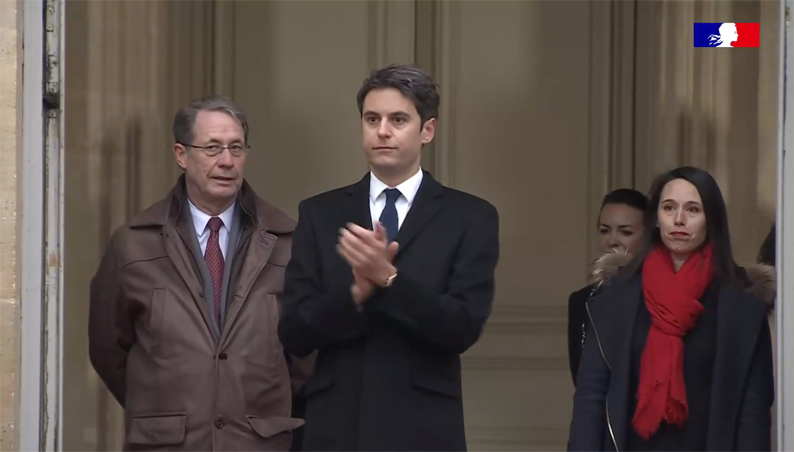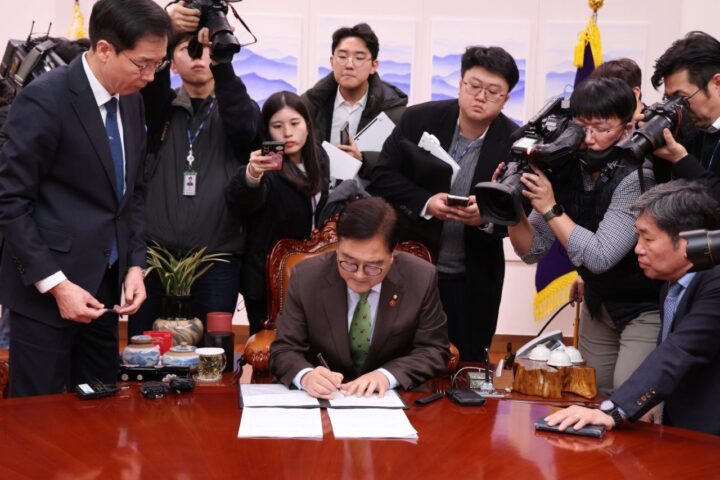Emmanuel Macron’s government reshuffle this week reflects the willingness of the French President to find a new political momentum for the remainder of his mandate, especially ahead of the European Parliament elections to be held in June 2024.
On Monday, French Prime Minister Elisabeth Borne submitted her resignation and the following day Gabriel Attal was appointed to replace her.
Attal is the most popular politician in France, as the French media have speculated that he is a potential contender in the 2027 presidential election.
Furthermore, elected in 2017 and 2022, Macron is not eligible for a third term in office, as the president of France is only allowed two five-year terms.
In an analysis on Friday, Morningstar DBRS said it believes this government reshuffle will not affect France’s (AA (high), Stable) fiscal strategy which aims at reducing public spending and public debt in the coming years.
“We believe this is confirmed by the renewal of Bruno Le Maire as Minister in charge of Economy and Finance,” the rating agency said.
New momentum ahead of EP election
Morningstar DBRS’s Mehdi Fadli, Senior Vice President in the Global Sovereign Ratings said Attal’s appointment, having served as Minister in charge of Education and in charge of Public Accounts in former governments, reflects the willingness of President Macron to find a new political impetus following the strong social and political challenges seen during the pension reform.
More recently, the political division stemming from the immigration law voted at the end of 2023, triggered the resignation of the Minister of Health and showed a lack of unity among the presidential majority in the National Assembly.
This year is also an election year in France and the rest of the EU, with the EP election to be held in June, for which the far-right party Rassemblement National’s voter intentions were close to 30% in December 2023 poll surveys versus a 23.3% result in the 2019 European Parliament election.
“Through this government reshuffle, the French President is seeking a new momentum ahead of the European Parliament election, the results of which could have political implications for the remaining part of his presidential mandate and affect his capacity to pursue his policy agenda,” the rating agency added.
Fiscal strategy to remain unchanged
The commitment of the French government to gradually improving its medium-term fiscal performance is key to Morningstar DBRS’s ratings.
During his New Year speech on January 8, Bruno Le Maire reiterated that the reduction of public spending and public debt remain key priorities.
He announced that the 2025 budget will require at least €12 bln of savings to achieve France’s fiscal targets.
“His renewal as Minister in charge of Economy and Finance is a clear sign of fiscal policy continuity. In its multi-year 2023-2027 finance bill voted in December 2023, France is expected to reduce its deficit below 3% of GDP in 2027, which remains one of the slowest fiscal consolidation among European peers.










